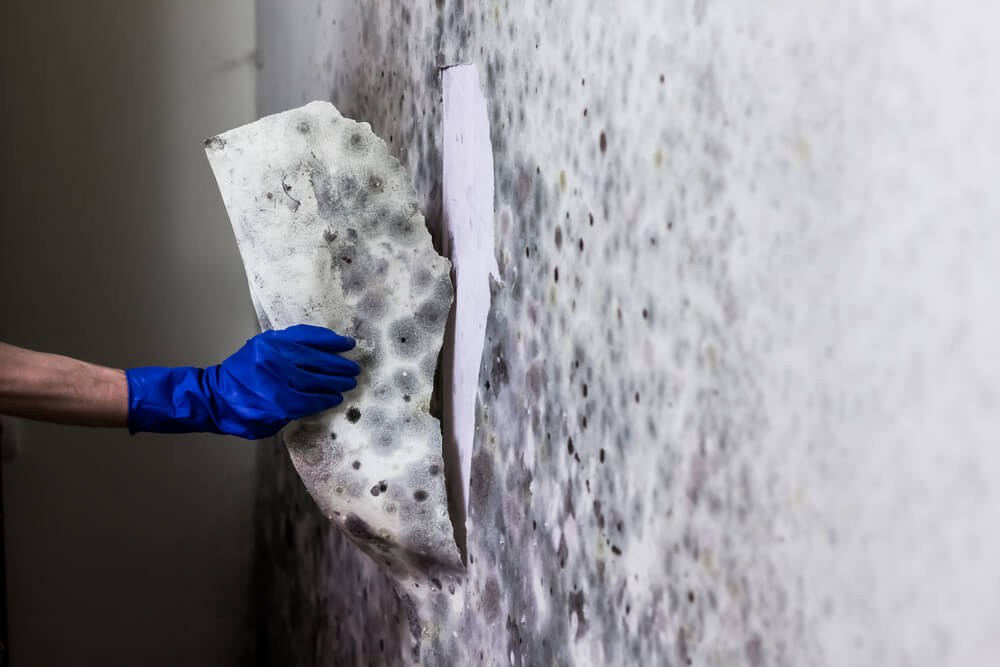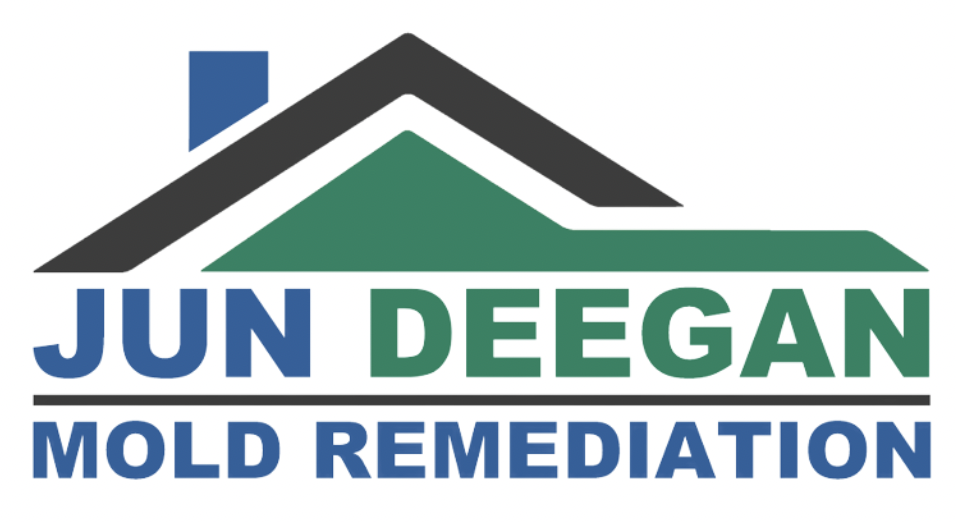Mold is a common problem in commercial properties, especially in regions like Somerset County, where the climate can often be conducive to its growth. Despite its seemingly innocuous nature, mold can have serious implications for both the health of occupants and the structural integrity of buildings. Getting a commercial mold inspection in Somerset County is a proactive measure that property owners and managers should not overlook. Regular inspections are essential for ensuring a safe and healthy environment for employees, customers, and tenants, as well as for maintaining the value and functionality of the property.
Commercial Mold Inspection in Somerset County
Why Mold is a Serious Concern
Mold is a type of fungus that grows in damp environments. It can spread rapidly on various surfaces, including walls, ceilings, carpets, and HVAC systems, especially in areas with poor ventilation. Somerset County’s climate, with its humid summers and relatively wet seasons, provides an ideal breeding ground for mold.
The presence of mold in a commercial building can lead to a multitude of problems:
- Health Risks: Mold exposure is associated with various health issues, ranging from allergic reactions, such as sneezing and skin irritation, to more severe respiratory problems, including asthma and lung infections. For individuals with compromised immune systems or pre-existing health conditions, the risks are even greater.
- Structural Damage: Mold can deteriorate building materials over time, leading to costly repairs. It can weaken walls, ceilings, and floors, causing significant damage that can compromise the structural integrity of the building. If left unchecked, mold can result in the need for extensive and expensive renovations.
- Legal and Financial Implications: Property owners may face legal challenges if mold issues are not addressed promptly. Tenants or employees who suffer health issues due to mold exposure may file lawsuits, leading to financial liabilities. Additionally, mold problems can reduce the property’s value, making it difficult to sell or lease the space.
- Impact on Business Operations: Mold infestations can disrupt business operations. Areas of the building may need to be closed off for cleaning or repairs, leading to downtime and lost revenue. In severe cases, businesses may need to relocate temporarily, further adding to the costs.
 The Process of a Somerset County Commercial Mold Inspection
The Process of a Somerset County Commercial Mold Inspection
A commercial mold inspection in Somerset County involves a thorough assessment of the building by a certified mold inspector. The process typically includes:
- Visual Inspection: The inspector will visually examine the property for signs of mold, such as discoloration, water stains, and visible growths on walls, ceilings, and other surfaces.
- Moisture Mapping: Since mold thrives in damp environments, identifying sources of moisture is crucial. Inspectors use specialized tools, such as moisture meters and infrared cameras, to detect hidden moisture that could lead to mold growth.
- Air and Surface Sampling: Samples of air and surfaces may be taken to determine the presence and type of mold. These samples are analyzed in a laboratory to identify the specific mold species and the concentration of mold spores in the air.
- Assessment of HVAC Systems: The building’s HVAC systems are checked for mold growth, as these can be significant contributors to mold spread throughout the property.
- Detailed Report: After the inspection, the inspector provides a detailed report outlining the findings, including the locations of mold growth, the extent of the infestation, and recommendations for remediation.
How Often Should You Get a Commercial Mold Inspection in Somerset County?
The frequency of mold inspections depends on several factors, including the age of the building, the history of moisture problems, and the type of business operations conducted within the property. However, some general guidelines can help property owners and managers determine an appropriate inspection schedule:
- Annually for Most Properties: A yearly mold inspection is advisable for most commercial properties. This frequency allows for early detection of mold growth before it becomes a significant problem. Regular inspections are particularly important in Somerset County, where seasonal changes can lead to fluctuations in humidity levels, increasing the risk of mold growth.
- More Frequently for High-Risk Properties: Properties with a history of water damage, flooding, or previous mold infestations should be inspected more frequently, possibly every six months. Buildings with high humidity levels, such as those with poor ventilation or located near bodies of water, also fall into this category.
- Post-Renovation or After Water Incidents: Any commercial property that has undergone recent renovations, especially those involving plumbing or structural work, should be inspected for mold. Similarly, if a building experiences a water leak, flood, or any incident involving water damage, a prompt mold inspection is essential to prevent mold growth.
- Pre-Lease or Sale Inspections: Before leasing or selling a commercial property, it’s prudent to have a mold inspection conducted. This not only ensures that the property is safe for new occupants but also protects against potential legal liabilities.
In Somerset County, where the climate can often create ideal conditions for mold growth, regular commercial mold inspections are a critical aspect of property management. Mold not only poses significant health risks to occupants but can also lead to costly structural damage and legal complications. By conducting regular mold inspections, property owners and managers can ensure a safe, healthy environment and protect their investment in the property.
A proactive approach to mold inspection and remediation can save businesses from unexpected expenses, legal issues, and the potential loss of revenue due to disrupted operations. In a region like Somerset County, where mold can easily become a persistent issue, regular inspections are not just a recommendation—they are a necessity.
Looking for Professional Somerset County Mold Inspection Services?
If mold recurrence is a concern, consulting with mold experts in New Jersey is a wise decision. With Jun Deegan Mold Remediation, you’re not just getting remediation; you’re investing in a long-term mold-free environment. Our proficient team addresses not only the visible mold but delves deeper to rectify moisture sources, ensuring mold doesn’t find its way back to your premises. Connect with Jun Deegan, where eradication meets prevention, ensuring you a safe, mold-free dwelling. Your peace of mind is just a call away.
Other Posts:
